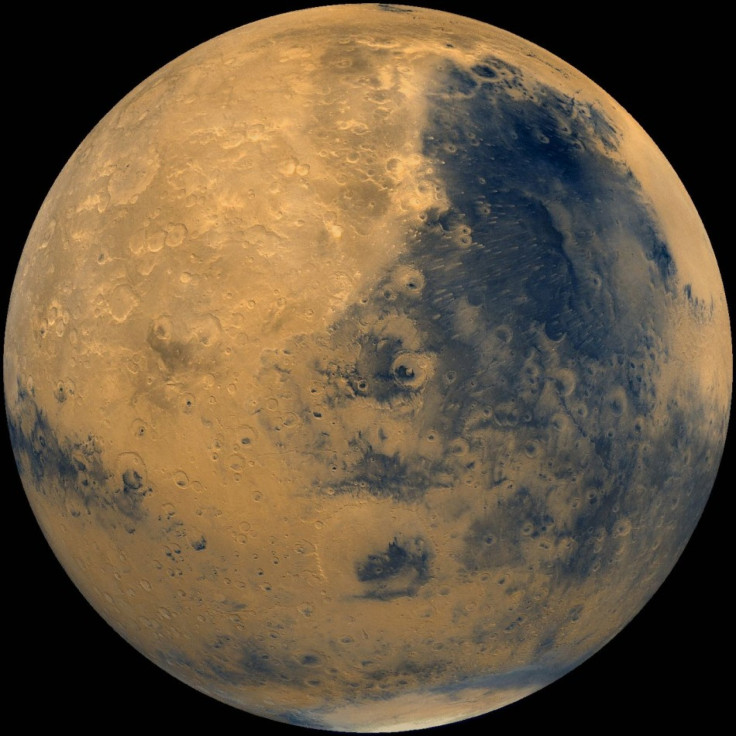Space Food Experiment: NASA Seeks Volunteers to Inhabit Hawaiian Mars-Like Environment

Want to go to Mars?
You'll have to wait a while before that's possible. But in the meantime, you might consider a 120-day stint on Hawaii's Big Island.
Next year, six lucky volunteers will spend four months living on a simulated Mars base for a NASA food study conducted by Cornell University and the University of Hawaii-Manoa. The participants will cook and eat a variety of space-friendly foods in order to help scientists understand and prevent menu fatigue, a common complaint of astronauts on long space missions.
By the end of May, researchers will have chosen their six volunteers and two alternates. And in early 2013 those volunteers will find themselves completely isolated in an as-yet undetermined, low-vegetation area of the Big Island. They'll communicate with all other earthlings via time-lagged communications systems, and they'll never leave their enclosure without a hazmat suit.
And of course, participants will have no access to supermarkets.
Researchers hope to determine the palatability of various comestibles, comparing instant prepackaged foods to shelf-stable ingredients cooked on site. They'll measure changes in volunteers' nutritive intakes over those four months, and they hope to compile recipes and cooking tips for future missions and experiments.
Applications for volunteers with nothing else to do next year will be accepted through the end of this month. But in order to be eligible, you must be a healthy, smoke-free individual with a demonstrated ability to conduct field research, as well as a relevant bachelor's degree. No picky eaters are allowed. If you're interested, visit manoa.hawaii.edu/hi-seas.
In the meantime, don't get too excited about the immediate future of planetary exploration; there is no concrete plan for getting American footprints on the red planet. In 2010, President Barack Obama made vague predictions about manned spacecraft orbiting the planet by the 2030s.
But since then, budgets have shrunk. For the foreseeable future, all Mars explorations will be unmanned. These include a rover set to land on the red planet in August and an orbit vehicle launching next year.
© Copyright IBTimes 2024. All rights reserved.






















